Highlights of the Oral History Collection
The Oral History Collection of the Jewish Historical Society of Delaware (JHSD) comprises a significant and growing resource documenting the history of the Delaware Jewish community. Our collection includes more than 150 interview recordings, many of which have been inaccessible until now because the original audio cassette tapes are fragile and degrade over time. The preservation digitization project, funded in part by the Jewish Federation of Delaware, has made a large number of these valuable recordings available for public use and research.
This oral history exhibit features the interviews of nineteen members of Delaware’s Jewish community.
Biographical information for the men and women included in the oral history collection has been compiled. Although not all the individuals researched are included in the exhibit, this background information improves the accessibility of the JHSD’s resources and lays the groundwork for community involvement in further research to share the previously untold stories of Delaware’s Jewish history. The sources used include obituaries found in databases of digitized newspapers, online copies of The Jewish Voice, the recorded interviews of the featured individuals, and the JHSD’s archival collections. To translate this information into an engaging, educational exhibit, we created short descriptions of the featured interviews and tracked their content using a tagging system to improve the website’s usability for learners and interested members of the public.
The individuals featured in this exhibit all have this in common: they were active members of both the Jewish and broader Delaware community who left a lasting impact on the lives they touched. Short biographical descriptions of the featured individuals can be found below.
Visit our Website Visit our Digital Collections Become a Member

Bennett Epstein (1929-2008) was an accomplished chemical engineer with DuPont and an active participant in the civil rights movement. In the 1960’s, he acted as vice-chair of Delaware’s State Human Relations Commission, a group under the state’s Division of Human Relations dedicated to addressing civil rights in Delaware. Like his wife, Alice, he was an active member of the Jewish community and acted as a leader in the Jewish Federation of Delaware.
His wife, Alice Epstein (1931-2006) was an educator and reading specialist who worked as a teacher in Wilmington public schools both prior to and during the transition away from racial segregation. She frequently volunteered for community causes, acting as a site leader for Read Aloud Delaware and participating in the National Council of Jewish Women.
Interviewed by Yetta Chaiken on March 15, 1998.
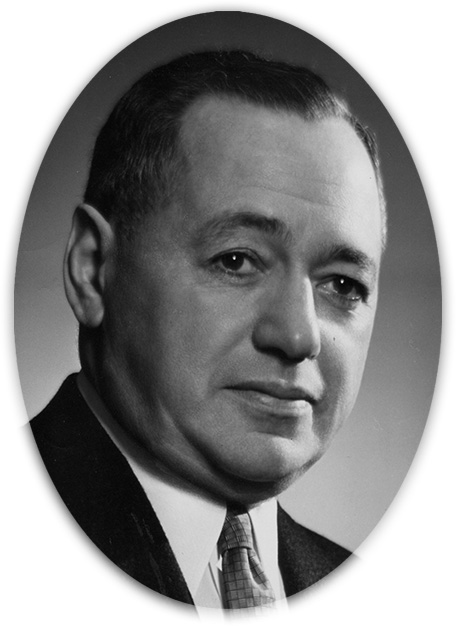
William Feinberg (1900-1989) was a Wilmington based businessman and WWI navy veteran. He inherited the H. Feinberg Furniture Co. from his father and, in 1965 made what would come to be known as the “Market Street Decision”, in which he chose to relocate his business to Market Street rather than the suburbs. This was perceived as a victory for the vitality of downtown Wilmington. He was involved in several organizations related to civic and Jewish life, including the Wilmington Parking Authority, the National Conference of Christians and Jews, and the Jewish Federation.
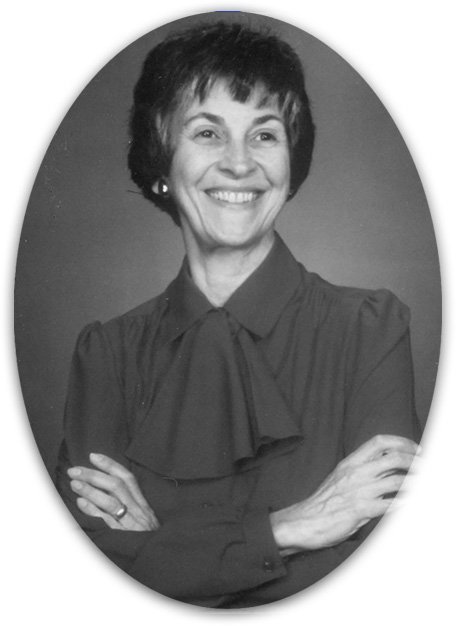
Rona G. Finkelstein (1927-2014) was an educator, author, and active community participant. She taught philosophy at Delaware State College and acted as the executive director of Delaware Humanities. In 2002, she published the book Where We Came From, which explores her family’s Polish roots and immigration to the U.S. She was also co-founder of the Career Women’s Council, which acted under the Jewish Federation’s Women’s Division, and assisted Jewish Russians with resettling in Delaware in the 1970s.
Interviewed on December 17, 2004.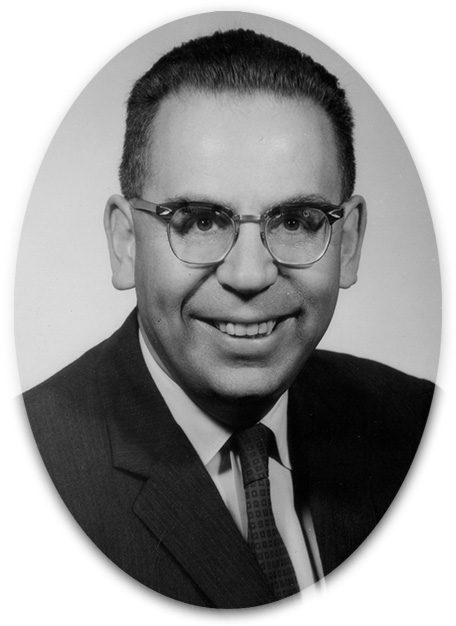
Nisson Finkelstein (1925-1989) was a physicist, businessman, and activist. He was the founder and former president of ILC Industries Inc., the company that designed and produced the spacesuits used in NASA’s Apollo program. Like his wife, Rona, he was heavily involved in the Delaware community and served as president of the Jewish Federation of Delaware.
Interviewed by Yetta Chaiken on May 16, 1988.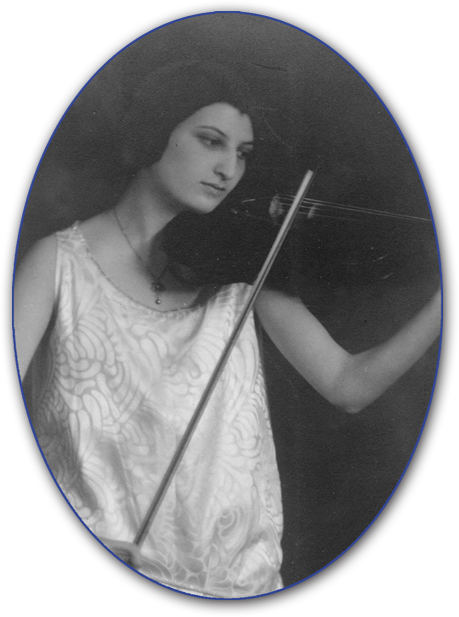
Estella Hillersohn Frankel (1902-2001), a second-generation Russian American, was a Wilmington based violinist who began learning violin at the age of seven. She was heavily involved in Wilmington’s music scene throughout her life, taught music both as a public school teacher and private tutor until the age of 96, and helped introduce the Suzuki Method of violin instruction to Delaware. In honor of her 80th birthday, the Estella Hillersohn Frankel Scholarship Fund was established in her name to promote the study of violin.
Interviewed Rachelle Saltzman on April 11 and April 20, 1978.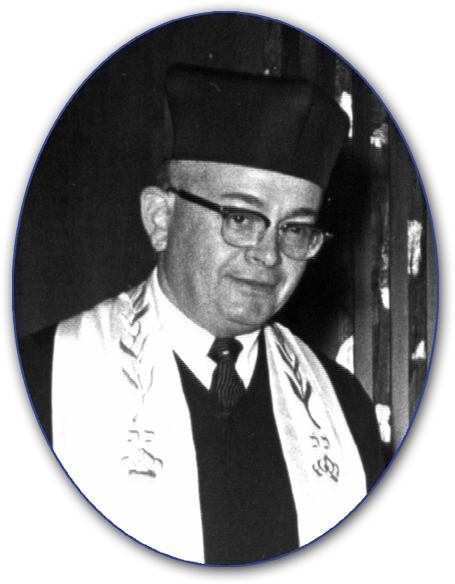
Rabbi Leonard B. Gewirtz (1918-2003) was born in New York City, where he lived until he moved to Chicago to serve his first congregation after being ordained in 1945. He then moved to Wilmington, where he served the Adas Kodesch Congregation for over 50 years. As a rabbi, he began the state’s first bat mitzvah program, sanctioned a women’s prayer group, and founded The Rabbi Speaks radio program. Rabbi Gewirtz was deeply involved in the religious community and participated in many organizations such as B'nai B'rith, the Rabbinical Council of America, and the Religious Zionists of America.
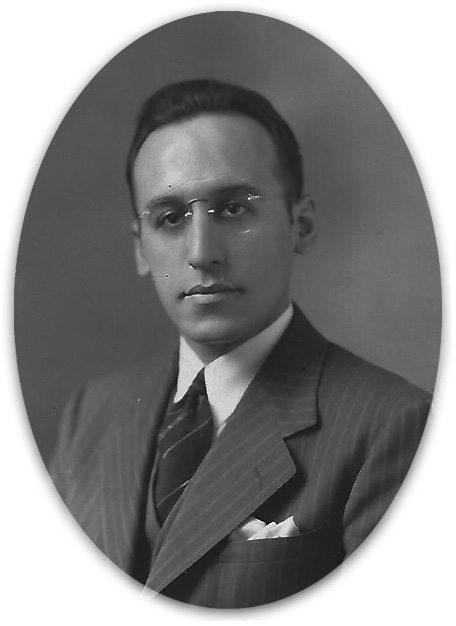
Dr. Abraham A. Golden was a former Chief Petty Officer in the Navy, an osteopathic doctor, and a hospital administrator. He completed his clinical fellowship at Rotunda Hospital, Dublin, Ireland, at a time when osteopathic doctors often were not taken seriously by the medical community. Dr. Golden had a private practice in Wilmington and he involved himself in many medical and Jewish organizations such as the American College of Osteopathic Family Physicians, Jewish War Veterans, and the American Society for the Advancement of General Anesthesia in Dentistry.
Interviewed by Yetta Chaiken on February 2, 1991.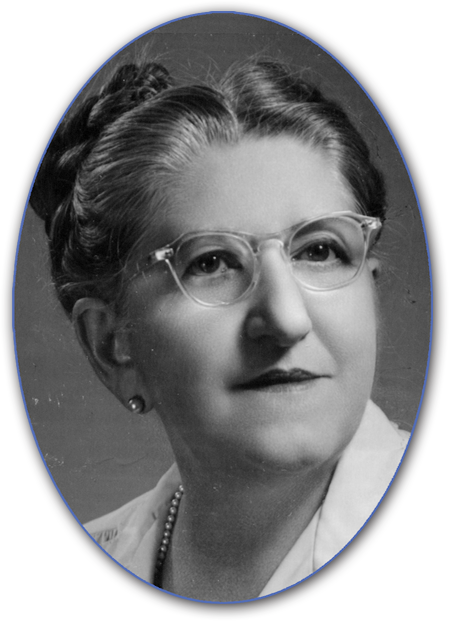
Rosa Keil (1890-1980) was an Austrian immigrant who arrived in the U.S. at the age of 3, a homemaker, and an author of prose and poems. She wrote her 1952 novel, A Woman Called Chaye, while raising nine children. Keil was heavily involved in her community, participating in the war effort for WWII and many Jewish organizations. She served as president of Wilmington’s chapter of Hadassah, the Women's Zionist Organization of America and as board member of the Milton and Hattie Kutz Home.
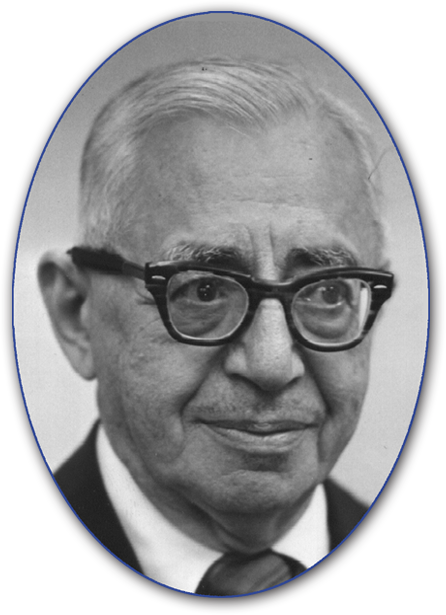
Rabbi Simon Krinsky was a Polish immigrant who moved to the U.S. after being ordained in Palestine. Prior to his ordination, he attended the Theological Seminary of Slabodka in Lithuania and earned a teaching degree from the Polish government. He worked as an educator in Palestine and the U.S. He moved to Wilmington in 1931 to oversee religious education at the Adas Kodesch Hebrew school and would go on to teach at and conduct religious services for most of Delaware’s Jewish congregations. In addition to his work as an educator, Rabbi Krinsky was also the founder of the Jewish Voice magazine and the author of many educational texts, books, articles, and poems.
In this interview, Rabbi Krinsky discusses his immigration from Poland to Palestine and position as principal of a high school there, his travel through Europe, the changes in Israel over time, kibbutz life in Israel, and his acquaintance with Rabbi Abraham Isaac Kook, the first Ashkenazi Chief Rabbi of Palestine.
Interviewed Dr. Ralph Tomases on May 31, 1983.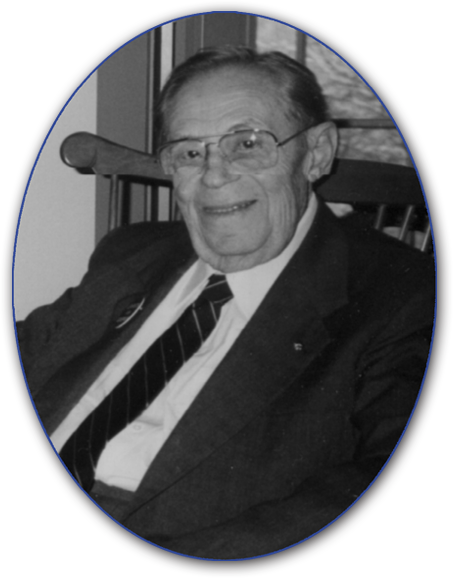
Dr. Louis Levinson was a veterinarian, politician, and WWI army veteran from Middletown, Delaware. He grew up on a farm in Langhorne, Pennsylvania, where he acquired his love of caring for animals, and went on to study veterinary medicine at the University of Pennsylvania. He worked in this field for over 70 years and used his position to promote the health and safety of both humans and other animals. Between 1929 and 1941, he also served as Middletown’s mayor. During this time, his policies led to the creation of the city’s first sewer, the paving of dirt roads, and a reduction in the town’s electricity bills.
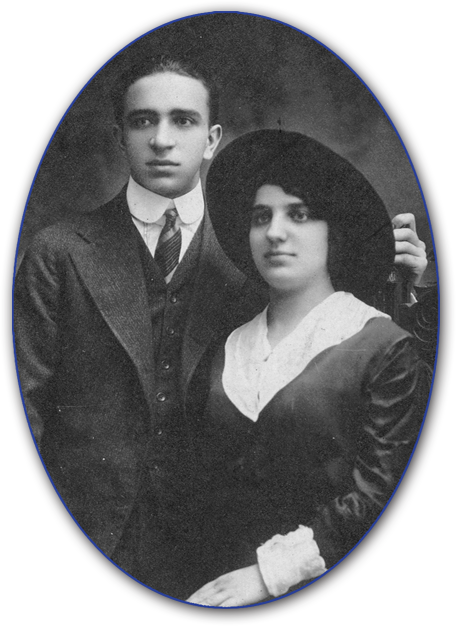
Dora Markowitz was a Polish immigrant who moved to the U.S. in her late teens. Though she originally worked as a milliner in New York City, she became a homemaker and a farmer after she and her husband purchased farmland in Kent County, Delaware. Despite the isolated nature of the farm, she and her family remained connected to the Dover Jewish community and housed several disadvantaged individuals.
Interviewed by Yetta Chaiken on July 10, 1978.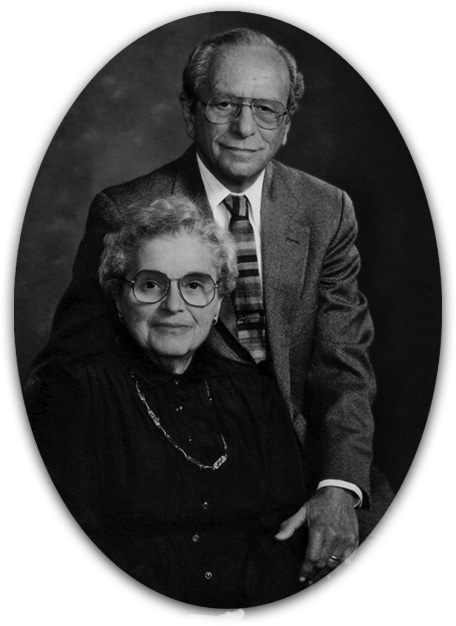
Drs. David and Edith Platt were physicians based in the Wilmington area. They established a private practice catering to working class people together after their marriage and completion of medical school. They remained with the practice for nearly 50 years, uninterrupted except by David Platt’s service in a field medical unit in WWII.
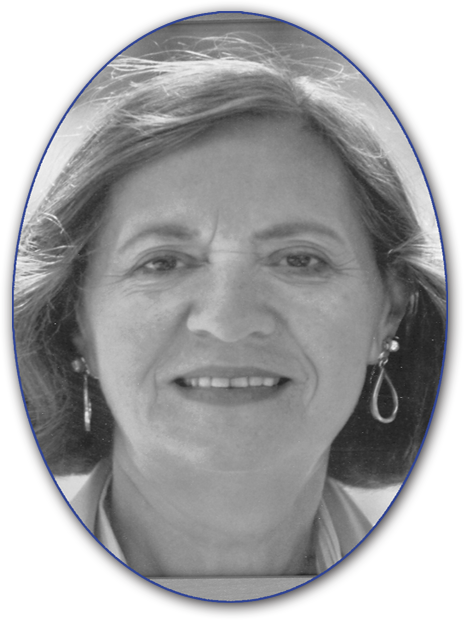
Halina Wind Preston (1922-1982) was a Polish immigrant, Holocaust survivor, educator, and activist. Though she had planned to pursue higher education in the U.S. starting in 1939, the outbreak of WWII prevented her from leaving her home country until 1947. The Nazis forced her into the Lvov ghetto, where she stayed until its liquidation. In order to survive the liquidation, she and 20 other Jewish people hid in the city’s sewers for 14 months with the help of two Christian sewer workers. After the war ended, she immigrated to the U.S. where she taught Jewish Studies for over 30 years and became an advocate for Holocaust education. Preston was the founder and chairwoman of the Holocaust Education Fund and was on the boards of the Jewish Community Center, Wilmington Gatz High School, and Albert Einstein Academy.
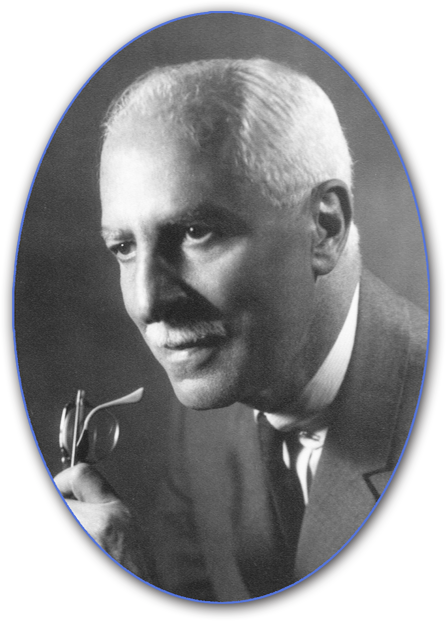
H. Albert Young (1904-1982) was a Russian immigrant and the first Jewish Delawarean to be elected to statewide office. He served as attorney general from 1950 to 1954. Though he represented the state of Delaware in the Brown vs. Board of Education case, which determined that racial segregation in schools is unconstitutional, Young would go on to become the nation’s first attorney general to enforce this ruling. He was also a founding partner of the law firm Young, Conaway, Stargatt & Taylor.
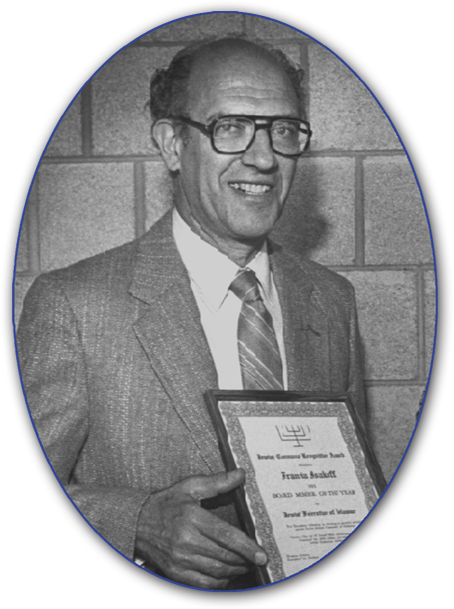
Leo Zeftel (1925-1999) was an organic chemist involved in the negotiations that resulted in an international chemical weapons treaty, ratified by the U.S. in 1997, and worked with the Pugwash Conferences on Science and World Affairs to raise awareness of the dangers of chemical weapons. He also acted as a consultant for the Federation of American Scientists and was deeply involved with the Jewish Federation of Delaware, serving the organization in various positions throughout his life. His wife, Syble Zeftel (1926-2018), was an educator and activist who taught mathematics in Wilmington public schools and had leadership positions in organizations such as the National Council of Jewish Women, the League of Women Voters, and Jewish Family Services. Her interest in politics inspired her to participate in the civil rights movement, anti‐war efforts, and ‐ in her mid-80s ‐ the Occupy Wall Street movement.
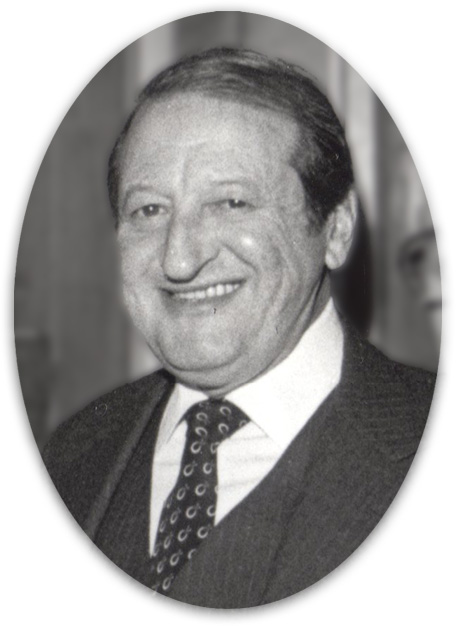
Harry David Zutz (1917-2008) was a second-generation Russian American insurance executive. Though he initially struggled to find work in the middle of the Great Depression, Zutz entered the insurance business as an office agent for U.S. Fidelity and Insurance Guarantee Co. He was able to open his own agency in 1940, and this business eventually expanded into the international scene. In addition to his business interests, Zutz was also heavily invested in civic and Jewish life. He frequently lent his support to political campaigns and was involved with numerous organizations such as United Way, the Jewish Federation of Delaware, B’nai B’rith, and the Brandywine Hills Civic association.
Highlights of the Oral History Collections is a small sample of the resources now available to the public. We invite visitors to explore our collection of organizational records, family papers, memoirs and photographs.
We are seeking additional support to complete the work of transferring recordings to digital files and make our entire collection available for research. Your support is essential for our continued work and the ability to bring our visitors, researchers and community these valuable resources. Please consider joining the Jewish Historical Society of Delaware.
The Jewish Historical Society of Delaware was founded in 1974 and incorporated in 1975 for the purpose of acquiring, preserving and publishing material pertinent to the history of Jewish settlement and Jewish life in the State of Delaware.